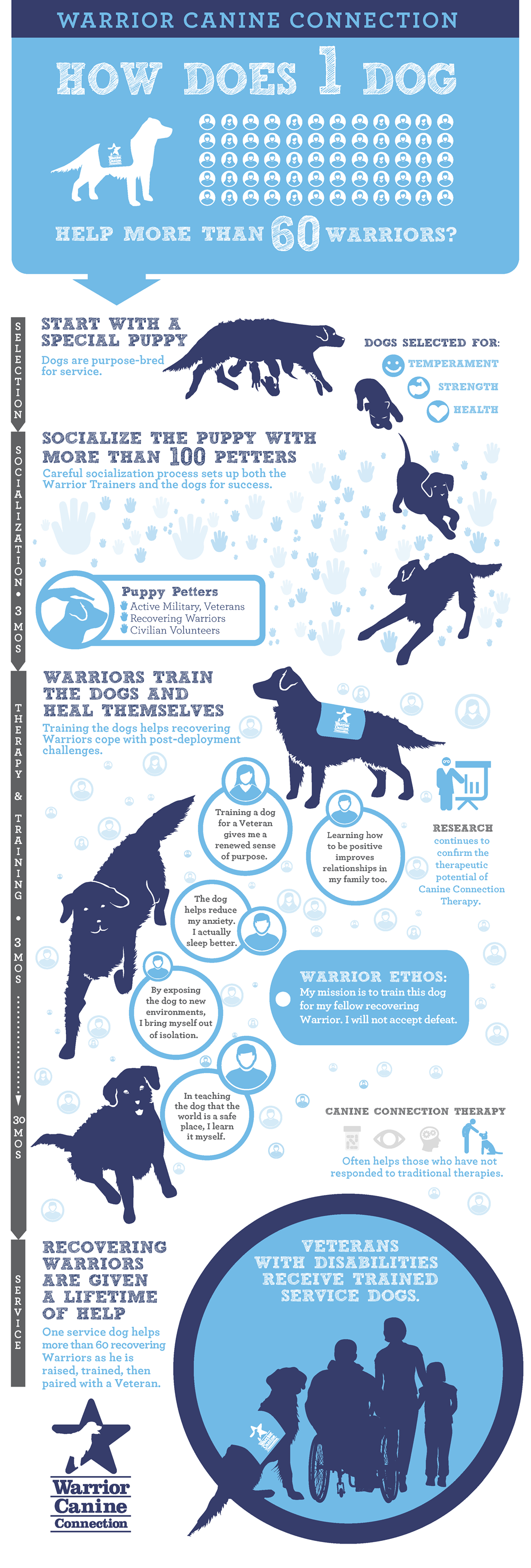Dog Daycare For Anxious Dogs
Dog Daycare For Anxious Dogs
Blog Article
Can Canine Day Care Cause Illness?
Pet dogs in day care receive lots of workout, socializing with other dogs and one-of-a-kind experiences. This can be specifically practical for young puppies and dogs with behavior problems.
There are a number of lawful factors to consider you require to take into account when starting a doggy day care service. These consist of the framework of your organization and compliance with government policies.
1. Dog Distemper
Canine distemper is spread out via direct contact with the bodily fluids and waste of an infected pet dog, yet it can additionally be sent via shared water and food bowls or through airborne droplets. This extremely transmittable ailment is most dangerous for puppies, however it can impact canines of any type of age and is deadly for most if left without treatment.
First symptoms of canine distemper frequently imitate a cold, including drippy eyes and nose with watery or pus-like discharge. As the illness advances, a pet will certainly establish high temperature, coughing, minimized hunger, vomiting and diarrhea. The virus can likewise assault the nerve system, leading to seizures, jerking and partial or total paralysis.
Trustworthy childcares lower direct exposure to infection by calling for inoculations, regular health examinations and adhere to stringent health procedures. If your puppy seems overly tired or limping, a day of rest may help him recover, yet you need to stay clear of taking him back to childcare till these signs and symptoms clear.
2. Kennel Coughing
Kennel coughing, likewise referred to as contagious canine tracheobronchitis or Bordetella, is an extremely infectious viral or bacterial disease that affects the respiratory system system. It's frequently moved with the exchange of saliva or air droplets that a sick pet breathes out. Social pet dogs are at higher risk for infection due to their frequent interaction with each other, such as when they play, share food or water, smell each other or just meet in a crowded setting like a pet overnight dog boarding near me dog park or day care.
The most common symptom of kennel coughing is a consistent and powerful cough that sounds like something embeded the throat or retching. Commonly, pet dogs will divulge foamy white phlegm. If left neglected, a canine can create pneumonia and go to major risk for life.
A reliable daycare center must have strict cleansing and hygiene procedures, sanitize all playthings, food and water bowls on a regular basis, and be open regarding their vaccination plans. Keeping your pet dog up to day on their inoculations, specifically for bordetella and canine flu, will substantially minimize their possibilities of contracting the illness.
3. Parvovirus
Canine parvovirus, or parvo, is a very infectious viral illness that can be harmful for pups and young adult dogs with inadequate immune systems. It's most commonly spread out by straight contact with polluted pet feces-- which can take place when canines sniff, lick, or preference infected feces-- and indirectly from infected individuals, things, or atmospheres (like kennels, grooming areas and grass). Young puppies and canines without complete inoculation histories are especially at risk to parvo.
The infection is extremely resistant, surviving in the setting for as much as nine years, and can quickly be transferred between pet dogs by contact via feces or on shoes, garments, and bedding infected with parvovirus. If not dealt with instantly with IV liquids, electrolyte balance, throwing up control medications and anti-biotics to avoid secondary microbial infections, a canine will swiftly dehydrate and create severe looseness of the bowels, which results in shock and blood poisoning. Parvo is challenging to heal once a pet has come to be ill, but with proper vet care, lots of puppies do endure this ailment.
4. Dog Flu
Pooch influenza infection is highly infectious and spreads through straight call, sharing food and water bowls, licking or nuzzling other pets, through air-borne beads, and with infected surfaces. Inoculation is effective in minimizing the threat of infection and outbreaks.
The majority of affected pet dogs create a moderate respiratory system infection with a cough that lasts 1-3 weeks. They may additionally have nasal and ocular discharge, sneezing, and lethargy. Several of the most severe instances lead to pneumonia and a high fever.
If your pet dog exhibits any of these signs and symptoms, do not bring them back to daycare up until they are healthy and balanced. If your canine is revealing indicators of extreme tiredness or hopping, talk to your vet as soon as possible and make sure they are on health supplements to aid construct their immunity. A veterinarian will examine your pet for symptoms of the flu by taking a sample from the nose or throat, and blood examinations can be done to validate.